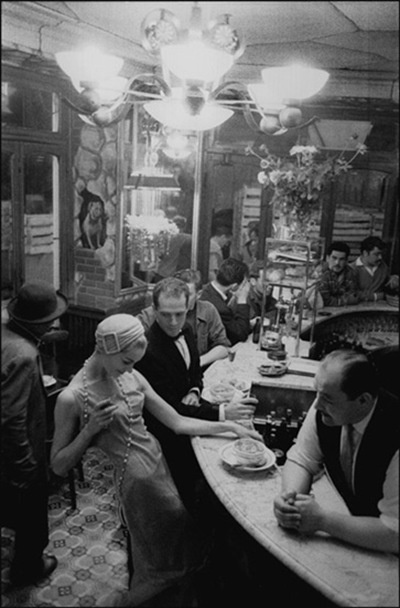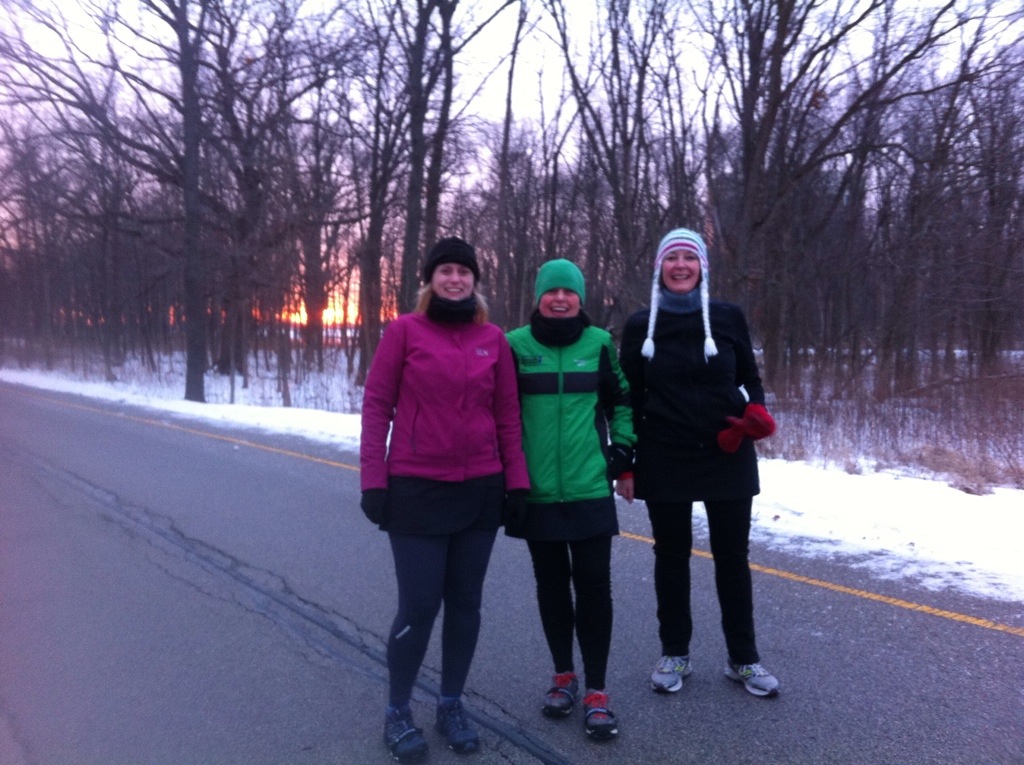Honoring the Struggle that Requires Everything
An individual has not started living until he can rise above the narrow confines of his individualistic concerns to the broader concerns of all humanity.
- Martin Luther King, Jr.
Memorial Day is a day of remembrance for those who died in the fight for our good and lasting freedoms. It’s for those who literally gave it their all, whose struggle required everything of them. Some of these knew they were going to die, and did it anyway. Some endured great pain, and did it anyway.
For the fearful, the pained, those knowingly going to die, the struggle was about more than themselves.
Remembering those who struggled and lost everything is important not just because freedom isn’t free. Remembering them and their struggle is essential because we all struggle and fight in life, some of us more than others, and the knowledge that this struggle might require everything of us is part of making it real and present for each of us.
But it’s also essential because the lesson of these victorious dead is to make that struggle count for something greater than simply removing pain or discomfort. Those who gave everything to make their time on this planet count for something greater can teach us valuable lessons about the best life, about struggling for something worth the struggle. That includes the struggle against war and violence.
That said, in my view Memorial Day isn’t about glorifying war or armed conflict. I believe that is too narrow a view.
 Memorial Day is about courage in the face of violence and death (which requires being present), and about thinking beyond ourselves, to make our inevitable life struggles count for much more than ourselves and our immediate families. That struggle even unto death might be the struggle of a soldier. It is also the struggle and courage of the peaceful protester, the civil disobedient, the evangelist who continues to speak his truth. It is the struggle of the field nurse who brings broken soldiers back to health, time and again despite its apparent futility, to give back hope.
Memorial Day is about courage in the face of violence and death (which requires being present), and about thinking beyond ourselves, to make our inevitable life struggles count for much more than ourselves and our immediate families. That struggle even unto death might be the struggle of a soldier. It is also the struggle and courage of the peaceful protester, the civil disobedient, the evangelist who continues to speak his truth. It is the struggle of the field nurse who brings broken soldiers back to health, time and again despite its apparent futility, to give back hope.
To me, Memorial Day is a day to decorate the graves of these people too. Because if all we valorize and decorate are the graves of those who died fighting in armed conflicts, I believe we are selling our humanity short. Courage is courage, both on and off the battlefield.
 Human rights activist Stephane Hessel, who was a concentration camp survivor and a redactor of the Universal Declaration of Human Rights, wrote in his tract Indignez Vous!
Human rights activist Stephane Hessel, who was a concentration camp survivor and a redactor of the Universal Declaration of Human Rights, wrote in his tract Indignez Vous!
We must realize that violence turns its back on hope. We have to choose hope over violence—choose the hope of nonviolence. That is the path we must learn to follow. The oppressors no less than the oppressed have to negotiate to remove the oppression: that is what will eliminate terrorist violence. That is why we cannot let too much hate accumulate… To you who will create the twenty-first century, we say, from the bottom of our hearts, TO CREATE IS TO RESIST. TO RESIST IS TO CREATE.
Looking beyond war, behind the war machine to truly honor those who gave their lives courageously for the great gift of freedom we enjoy requires, in my view, understanding their struggle and courage in this context. And it demands that we also view Memorial Day as a day to honor those for whom the struggle and sacrifice was in the service of nonviolent protest, in the service of love and peace.
Ralph Waldo Emerson said
Whatever you do, you need courage. Whatever course you decide upon, there is always someone to tell you that you are wrong. There are always difficulties arising that tempt you to believe your critics are right. To map out a course of action and follow it to an end requires some of the same courage that a soldier needs. Peace has its victories, but it takes brave men and women to win them.
I believe that the more we honor and seek to emulate these struggles-in-the-face-of-death for something greater, the better our communities, cities, and country will be, and the better we ourselves will become.











